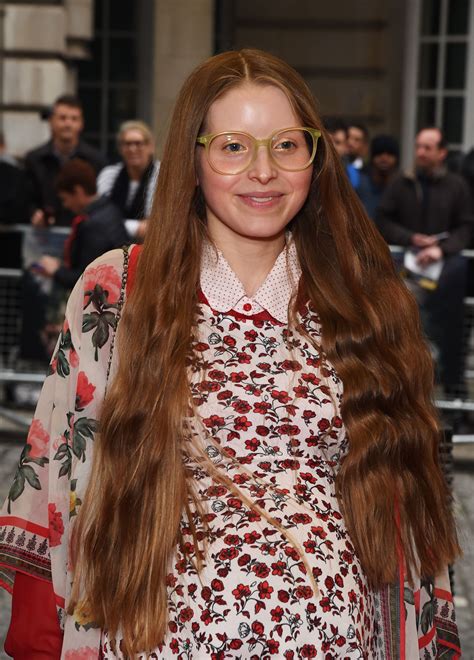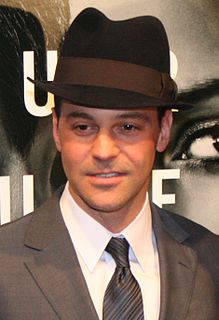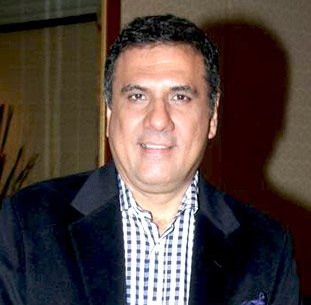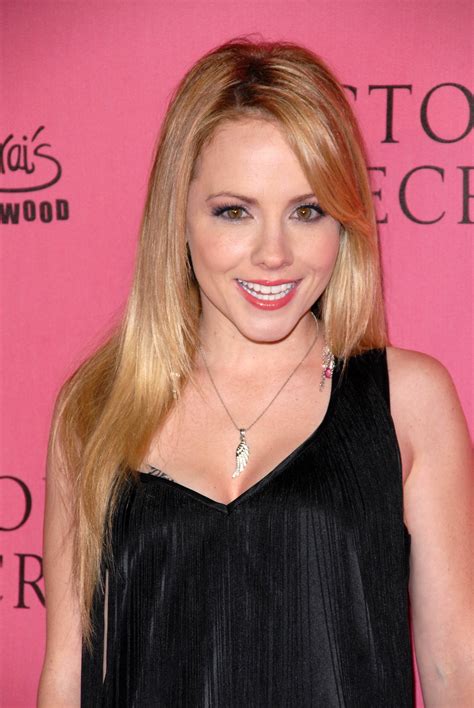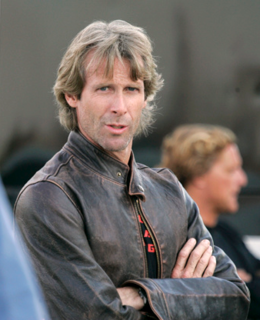A Quote by Leigh Whannell
I love watching audiences scream. I imagine it's the same joy that a director feels who has made a comedy when he or she is sitting at the back of a theater listening to the audience laugh. That sound of laughter is so sweet to a comedy director and that's exactly how a horror film feels when you hear the audience scream.
Related Quotes
We are a nation that has always gone in for the loud laugh, the wow, the yak, the belly laugh, and the dozen other labels for the roll- em-in-the-aisles gagerissimo. This is the kind of laugh that delights actors, directors, and producers, but dismays writers of comedy because it is the laugh that often dies in the lobby. The appreciative smile, the chuckle, the soundless mirth, so important to the success of comedy, cannot be understood unless one sits among the audience and feels the warmth created by the quality of laughter that the audience takes home with it.
I laugh a lot in horror films. If I'm scared in a horror film, I try to think about what's scaring me... particularly, if it's a bad movie, but something they're doing still works. It's the same way I look at comedy. I've always had an intellectual view of comedy, and what makes people laugh, and how does it work.
Comedy can be more difficult than drama. It requires more attention to timing. In the theater, you're always dependent on the audience for the energy, but in comedy the feedback you get is more important. You can judge by the quickness and the length of the laugh just where you stand with the audience.
Screaming. Did I mention the screaming? Screaming is usually associated with horror films and roller coasters. This is why I usually look like I've just watched a horror film on a rollercoaster. Kids love to scream. Frightened, happy, bored. They scream. I've actually learned to love the sound of a vacuum cleaner. It's just so peaceful.
When I was a little girl, the only real form of entertainment I was exposed to was theater, being raised in St. Louis, and I still love theater, and I think sitcoms are similar to that, in there's a live audience, and you know, I definitely like the comedy of it, too. I like to make people laugh, and I definitely think laughter is healing.
When you play a smaller, more intimate venue, you can have real conversations with your audience, take risks, and stay current. You can also change the set list, on how the day feels or how the audience reacts. When you do arena shows, every arena looks and feels the same. You can't see who is in the room.
Drama can feel like therapy whereas comedy feels like there's been a pressure and a weight lifted off of you. You come to work and you laugh all day, you go home and you feel light and there's a certain feeling when you're sitting with the audience and they leave after 90 minutes and it's just pure escapism and they're happy.



